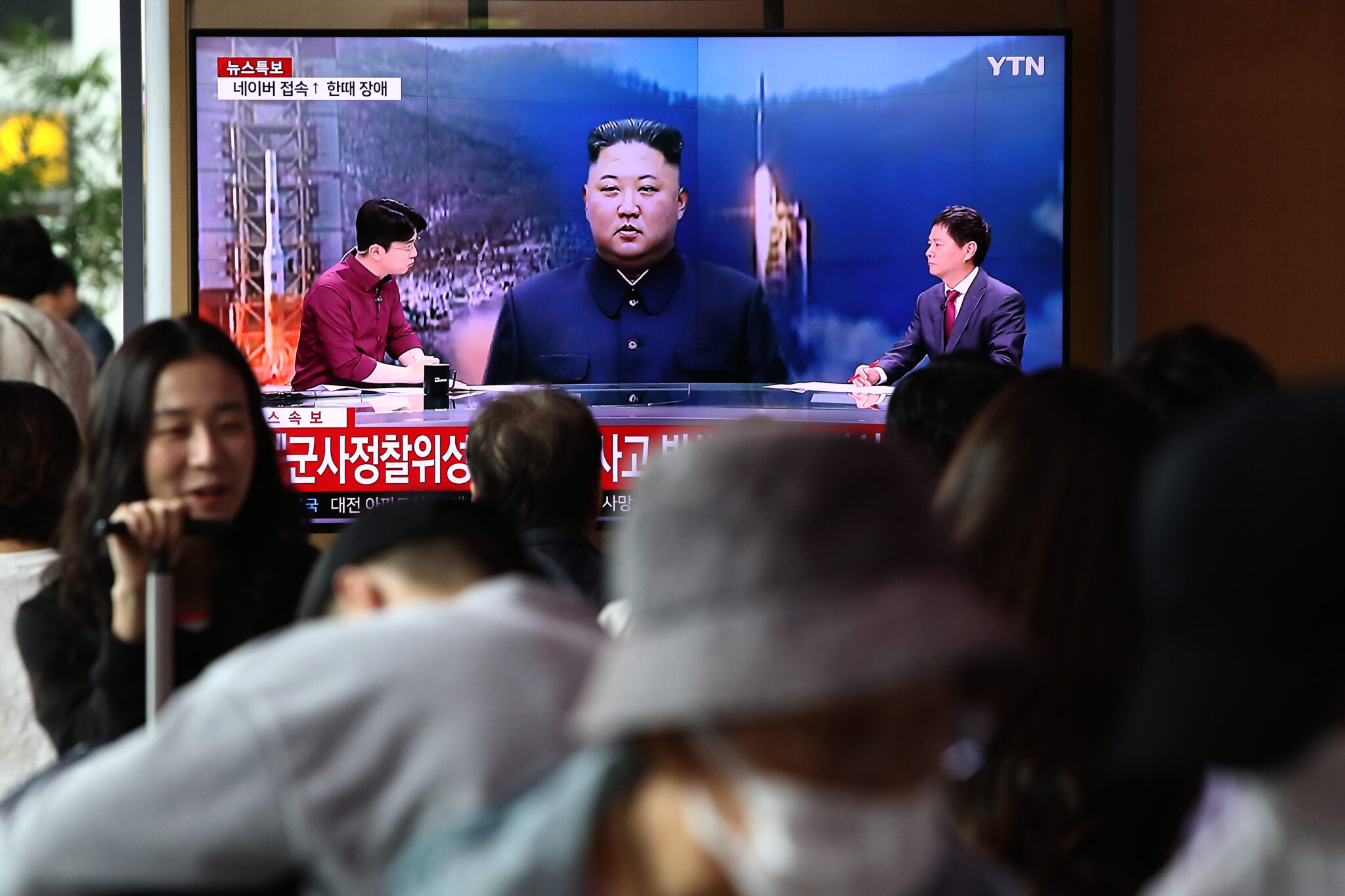[ad_1]

Chinese President Xi Jinping will meet US counterpart Joe Biden in San Francisco on Wednesday for the two leaders’ first face-to-face meeting following a turbulent 12 months for US-China relations. Taiwan, a long-term source of disagreement between the two nations, is expected to top the agenda.
The two heads of state will meet on the sidelines of the Asia-Pacific Economic Cooperation (APEC) summit in the Californian city, their first encounter since a meeting on November 14th 2022, in Bali.
Positive momentum following the G20 summit was swiftly derailed by various spats that brought relations between the US and China to their lowest level in years.
The US shot down an alleged Chinese spy balloon over its territory in February 2023, an incursion the US described as “unacceptable”.
China said US accusations amounted to “information warfare”, and delayed a planned visit to the People’s Republic by US Secretary of State Antony Blinken.
A cumulation of trade tensions and sanctions also contributed to bring relations to their lowest points in decades before a flurry of high-level diplomacy, including Blinken’s eventual trip to Beijing in June, signalled ambitions on both sides to mend ties.
Wednesday’s meeting is likely being seen as an opportunity to “calm relations, to not inflame things further in context full of difficult and tense and inflamed issues,” says Astrid Nordin, Lau Chair of Chinese International Relations at King’s College London.
“We’re not trying to decouple from China. What we’re trying to do is change the relationship for the better,” Biden told reporters at the White House on Tuesday, shortly before heading to San Francisco.
Semiconductors, climate agreements, and fentanyl trafficking are all expected to be on the agenda for the talks. “But from Beijing’s perspective, the most important issue in the US-China relationship will be over Taiwan,” Nordin says.
“Taiwan is critically important in the relationship between China and the USA because of its geostrategic location and its symbolism,” adds Steve Tsang, Director of the China Institute at SOAS University of London.
Symbolism, geopolitics
Taiwan will take part in this week’s APEC forum under the name “Chinese Taipei”. While the island’s democratically elected leadership maintains it is an independent country, China claims it as a province of the People’s Republic of China (PRC).
In the past year and a half, Taiwan has faced increased military pressure from Beijing, raising fears China intends to fulfil its ambition to “unify” Taiwan with the mainland and using force if necessary.
Read moreMore than 100 Chinese warplanes and nine navy ships spotted around Taiwan
At the same time, the US has bolstered its support for Taiwan with a high-profile visit from US House Speaker Nancy Pelosi in August 2022 and by increasing its capacity to buy US weapons.
Taiwan matters to the US as a “symbolic issue of providing support for a democratic ally in the face of potential hostile invasion”, says Nordin. “A US president would not want to be the person who stands aside and just looks on if that happens.”
Biden has been more outspoken than his predecessor in his rhetorical support for Taiwan and its self-governance.
The island is also geographically significant for the US with a strategically advantageous position off the Pacific coast of China, linking in alliances with nearby Japan, South Korea and the Philippines.
For China, the stakes are also high. Reintegration of Taiwan into the PRC is a question of national identity, unity and security.
Historically, China considers Taiwan not only part of China but also part of its “First Island Chain” – a first line of defence off the Pacific coast, “the taking of which will not only secure China’s Eastern Seaboard but also enable the Chinese navy and air force to project power into the Pacific”, says Tsang.
In recent years, “Xi Jinping has been more explicit than previous generations of leadership that he does not want to leave the status quo [in Taiwan] for the next generation,” says Nordin.
‘Getting back on a normal course’
For decades, China has shown little appetite for military intervention in Taiwan, instead proposing that it be integrated into the PRC under a “one country, two systems” formula, that was used for Hong Kong.
The US has also found ways to appease both China and Taiwan: it recognises Beijing as the government of China and doesn’t have diplomatic relations with Taiwan under the “One China” policy.
At the same time it has a “robust unofficial relationship” with Taiwan and has pledged military support under the Taiwan Relations Act were the island’s security to come under threat.
As such, forced unity with Taiwan “can only happen if China can either deter the US from interfering or defeat the US forces sent to help Taiwan defend itself”, says Tsang.
Either scenario would mean that China had “devastated the US’s credibility in the Asian Pacific”, he adds.
So, what hope for compromise when the two leaders meet on Wednesday?
“Neither party will yield to the other on Taiwan,” Tsang says. “The best any US president or Chinese supreme leader can do over Taiwan is to ease tensions by making noises that enable the other side to turn the temperature down.”
But the fact that the leaders are meeting at all is a sign of political will to reduce the heat after a tumultuous 12 months.
“There’s been a lot of work going on over summer in preparation for this meeting and the fact that it is now culminating in face-to-face talks might be a sign that there has been some stabilisation in the US-China relationship” adds Nordin.
Asked what he hoped to achieve at the meeting, Biden said he wanted “to get back on a normal course of corresponding; being able to pick up the phone and talk to one another if there’s a crisis; being able to make sure our military still have contact with one another”.
Despite positive noises, any agreement on a way forward in Taiwan is, Nordin says, “highly unlikely”.
“But what there might be is a de-escalation in rhetoric and scope for both nudging closer to a stabilisation of the status quo. The absence of worsening, perhaps, is something to aspire to in this scenario.”
[ad_2]
Source link


























